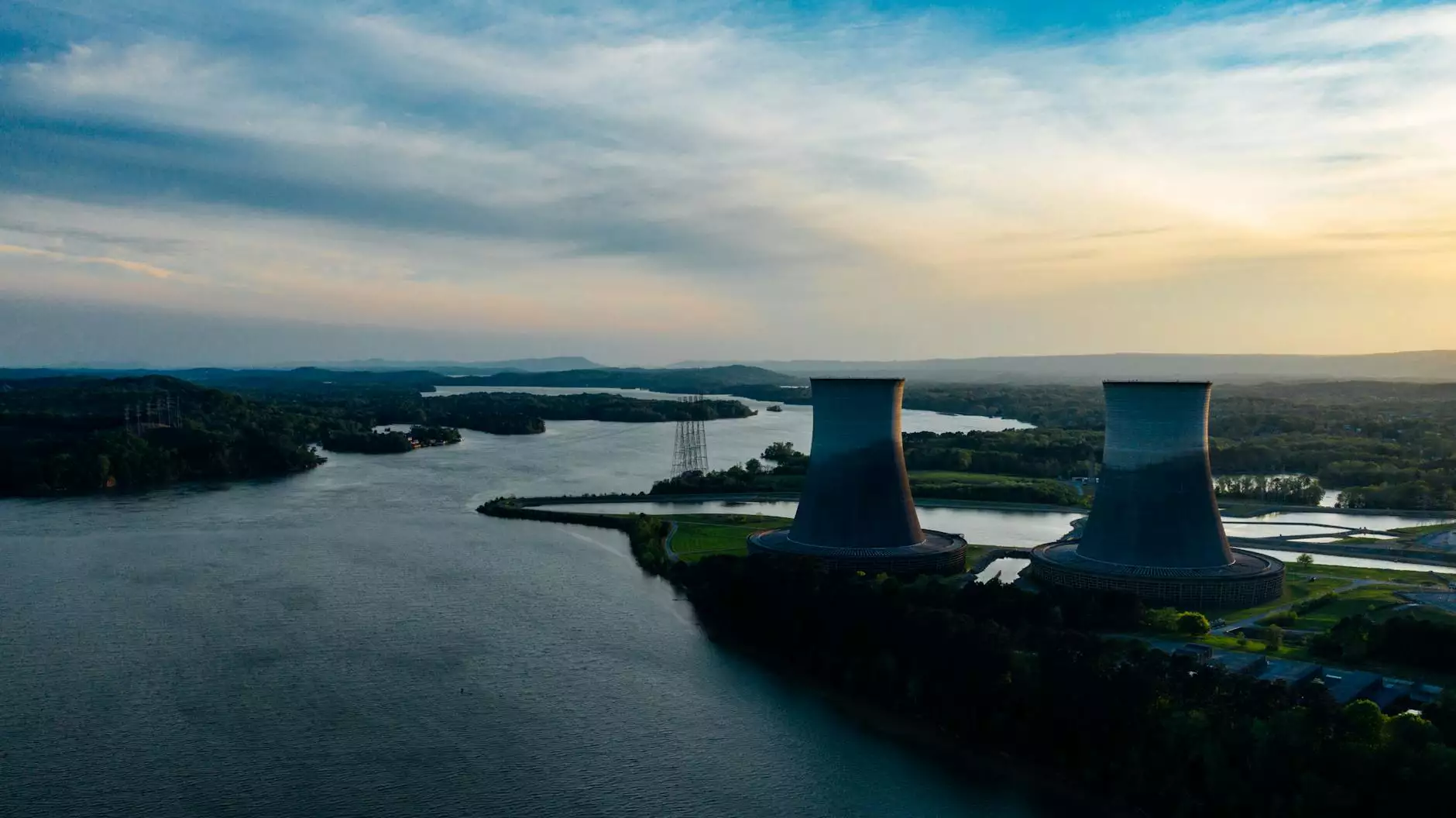The Downside of Nuclear Energy: Understanding the Cons

Nuclear energy has long been a contentious topic, with proponents praising its potential for clean and reliable power generation, while critics highlight the numerous drawbacks and risks associated with it. In this article, we delve into the cons for nuclear energy to provide a comprehensive overview of the challenges and concerns surrounding this form of energy production.
Environmental Impact
One of the primary concerns regarding nuclear energy is its environmental impact. While nuclear plants do not produce greenhouse gas emissions during operation, the process of mining uranium, constructing facilities, and managing radioactive waste all have significant environmental consequences. The potential for accidents, such as meltdowns or leaks, can also result in long-lasting environmental damage.
Safety Risks
Another major drawback of nuclear energy is the safety risks associated with it. The catastrophic incidents at Chernobyl, Three Mile Island, and Fukushima have highlighted the potential for human error, equipment malfunction, or natural disasters to lead to devastating consequences. The long-term health impacts on both workers and nearby communities can be severe, making safety a crucial concern for nuclear power plants.
Waste Management
Nuclear energy generates radioactive waste that remains hazardous for thousands of years, presenting a significant challenge for disposal and containment. The lack of a universally accepted solution for managing nuclear waste raises concerns about the long-term storage and potential leakage of harmful materials into the environment. Addressing the issue of nuclear waste is a critical aspect of evaluating the sustainability of nuclear energy.
High Costs
Building and operating nuclear power plants is an expensive endeavor, with high upfront costs and ongoing expenses related to maintenance, security, and waste management. The need for stringent safety measures and regulatory compliance further adds to the financial burden of nuclear energy. As renewable energy technologies become more cost-effective, the economic viability of nuclear power is increasingly called into question.
Limited Resource Availability
Uranium, the primary fuel for nuclear reactors, is a finite resource that is not widely distributed around the world. Dependence on uranium as a fuel source raises concerns about the sustainability and security of the global nuclear energy supply. The limited availability of uranium reserves necessitates careful planning for future energy needs and considerations for alternative fuel sources.
Public Perception and Opposition
Public perception of nuclear energy is often negative due to concerns about safety, environmental impact, and the potential for catastrophic accidents. Opposition to nuclear power projects can lead to delays, legal challenges, and public protests, creating hurdles for the industry's expansion. Building trust and addressing community concerns are essential for overcoming public resistance to nuclear energy initiatives.
Conclusion
While nuclear energy has the potential to contribute to a low-carbon energy mix, it is crucial to acknowledge and address the cons for nuclear energy to make informed decisions about its role in the future of energy production. Understanding the environmental, safety, economic, and social implications of nuclear power is essential for developing sustainable energy policies and mitigating risks associated with this complex technology.



